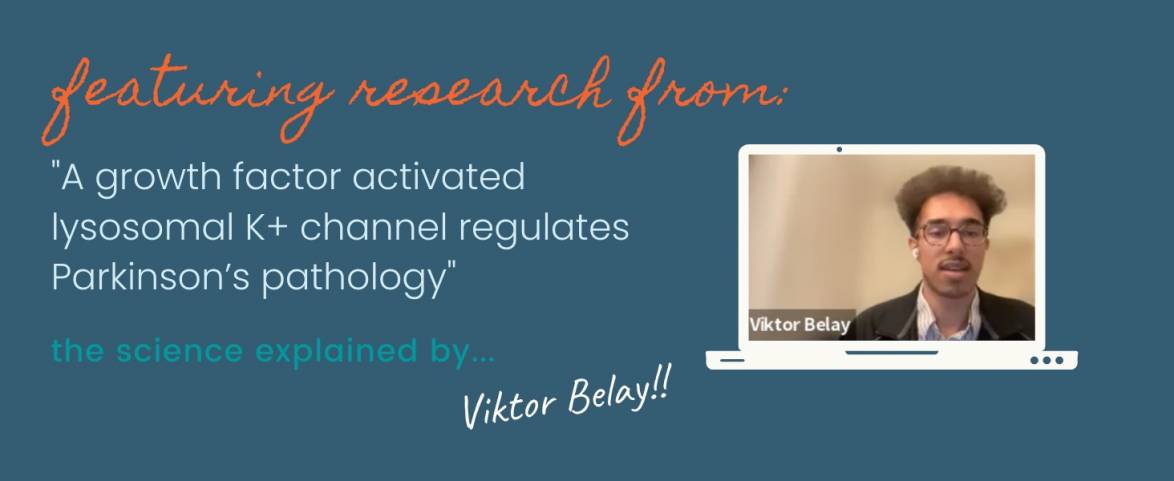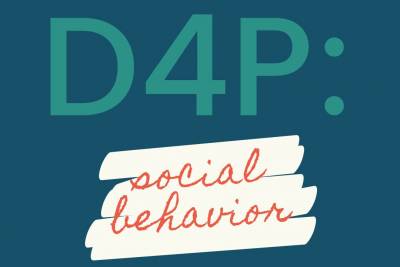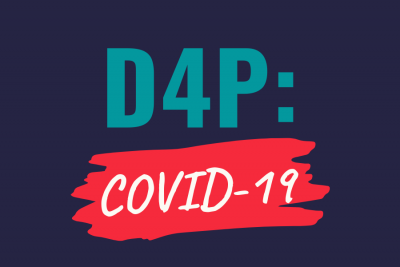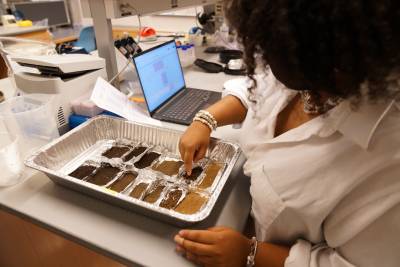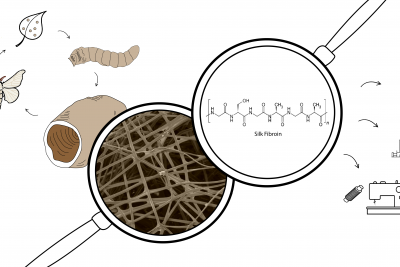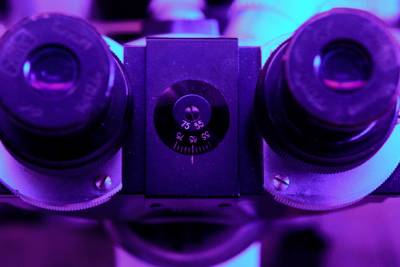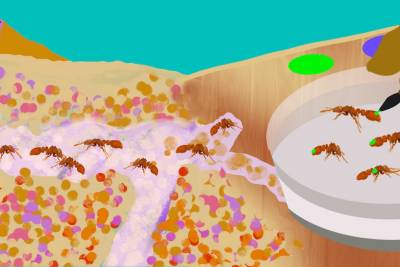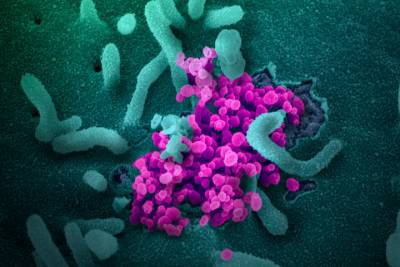How can we use contemporary laboratory methods to study human disease?
For as long as humans have been around, we’ve sought to understand how our bodies work and get better at healing our illnesses. While this curiosity has enabled some life-changing discoveries, including antibiotics and vaccines for once deadly infections, many diseases still elude our grasp. During this season of D4P, we explored the science of how we study ourselves, and how our complexity, both as biological systems and as people with unique lives and identities, creates challenges and opportunities for improving human health. We drew throughlines from the past to the present, examining how historical biases and power structures have influenced the way scientific knowledge is generated, valued, and transformed into medical advances. Drawing from recent research, we considered the question “how do we study ourselves?” through topics like the ethics of genome sequencing studies, the rationale for gender- and race-balanced clinical trials, and the role of social inequities in healthcare access and outcomes. We also explored new, innovative practices–from designing experiments that more closely match our biology to uniting patients and scientists in the study of rare diseases–to ask the next, even more important question: “how do we get better at it?”
About our D4P Fellow
Viktor Belay (he/him), Graduate Student at Weill Cornell and MSKCC
Viktor is a PhD student with the Physiology, Biophysics, and Systems Biology program at Weill Cornell Medicine working in the labs of Richard Hite and John Chodera at Memorial Sloan Kettering Cancer Center. Generally, Viktor studies intracellular ion channels and transporters using biophysical methods. Specifically, he studies channels and transporters that are associated with neurodegenerative disease using techniques such as cryo electron microscopy and molecular dynamics simulations. With this research, Viktor hopes to improve our fundamental understanding of these proteins and innovate toward better health outcomes for diseases associated with them. Outside of the lab, Viktor enjoys yoga, vegan cooking, and communicating science.

